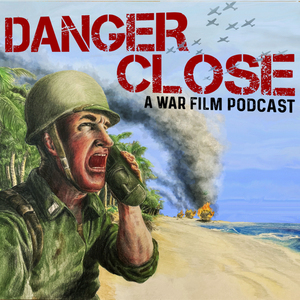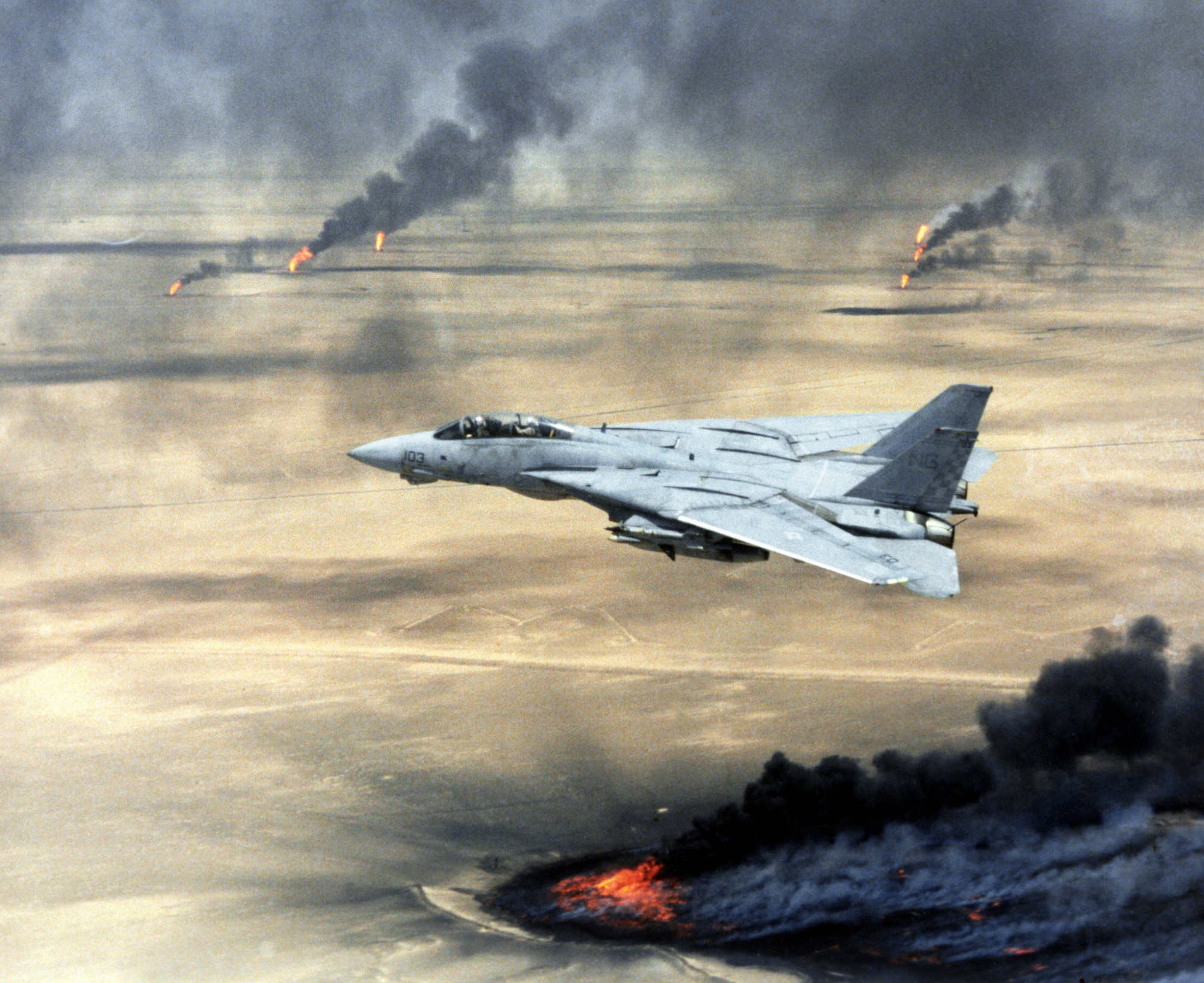Notes from Peter Cox
On the motorcycle and short male actors
"[I have to mention] the motorcycle scene with Tom Cruise belting down the side of the runway on his bike as aircraft are taking off. Kawasaki paid an undisclosed sum of money to get their bike into the movie. It was huge for the company as that bike was the start of naming Kawasaki sport bikes "Ninja" in the US market. The rest of the world called it the GPz900R and was happy. But since Top Gun all the Kawasaki sport bikes have taken the Ninja tag and it's gradually leached around the world market.
Apparently Honda were given first offer but weren't keen on a helmetless rider on a flat out sports bike. That GPz900R (sorry, I just can't go with Ninja) was part of a completely new generation of high performance motorcycles as the companies moved from big, heavy air-cooled engines in naked bikes to lighter, more compact bikes and liquid-cooled engines with full aerodynamic fairings - and much higher top speeds. In the new Maverick movie Kawasaki is back with their supercharged H2 sport bike so the generational motorcycle change played again - not that anyone thinks supercharging is a mass market thing. So the Kwaka in Top Gun is as important as the Harley Fat Boy in Terminator!
Watch the sequence carefully though and you will see, in some shots, that the GPz900R Tom is "riding" is actually strapped to a trailer being dragged along the side of the strip. The tie down straps are clearly visible. Apparently Tom hadn't ridden a motorcycle before Top Gun and was just taking lessons.
I used to do a joke about the hardest working guys on the set of Top Gun and Days of Thunder being the ones with shovels digging a trench for the love interest to walk in so she'd look shorter than Tom Cruise. I'm around 5'7" myself so no shade on Tom for his height, it's just that filmic stereotype of the man always being taller than the female in a relationship . . ."
Rich Stephens
cue Danger Zone
NOTE: to easily differentiate between the film and the program, I’ll be using Top Gun to refer to the
film, and NFWS (Naval Fighter Weapons School) to refer to the real-world Top Gun program.
Trivia
Don Simpson saw an article about the Naval Fighter Weapons School - Top Gun - in
California Magazine, inspired him to make a film about it.The script originally did not have any in-cockpit dialog. The lead Naval technical advisor
to the movie (John “Smegs” Semcken) talked Tony Scott into filming some scenes with
the actors in the cockpit with masks on so that dialog could be added. Smegs had to
convince Scott that there is a lot of dialog between Pilots, RIO’s (Radio Intercept
Officers), CATCC (Carrier Air Traffic Control Center), etc.Principle over-land photography was filmed at (NAS) Naval Air Station Fallon in Nevada.
NFWS was moved to Fallon in 1996. On-board photography was filmed aboard the USS
Enterprise.Tony Scott requested some shots that were not technically possible and/or safe. Going
Mach 1 for the “buzzing the tower” scene, as well as the aileron roll immediately after
launching off the carrier.Original script called for mid-air collision, which Maverick somehow survived, to be the
cause of Goose’s death. Smegs convinced them that was too unrealistic. There had
been an incident with a RIO hitting the canopy on ejection recently at Pax River Naval
Base (either getting severely injured or killed – stories differ.) Either way, this was the
inspiration for Goose’s death scene.Due to legal troubles encountered after the filming of the Final Countdown, the C.O. of
NFWS kept his distance during the filming (he wanted deniability) and the Lt. technical
advisor (“Smegs”) was given free range to film what was needed as long as it was, “safe,
legal and didn’t make us look bad.”GOOF – In the “I’m going to slam on the brakes, and he’ll fly right by” scene, Maverick is
seen jamming the throttles FORWARD, this would increase thrust and speed, not slow
him down.
Research and Talking Points
Glossary: See Iron Eagle entry.
Art Scholl: acrobatic pilot who was to film some first person “in the cockpit” footage of a flat
spin for the sequence in the movie (not in an F-14, but in a stunt plane.) He attempted to may
spins, couldn’t recover, and was killed. The footage he recorded was not used in the film.Grumman F-14 Tomcat: The real star of the movie! Developed in the 60’s and deployed from
1974 – 2006.The F-14 Tomcat was the first of the “teen” series of fighters the dominated the
80’s and 90’s. Originally designed for long-range fleet air defense, it evolved into a capable air
superiority fighter as well as and air-to-ground weapon system.The F-14 was the only aircraft to equip and fire the AIM-54 Phoenix missile – a long range,
active-radar homing, missile generally described as “the size of a Volkswagen.”
[See Gruman ad of F-14 with six AIM-54’s and two AIM-9 Sidewinders below]“Mig 28”: The “MiG 28” is a plane that doesn’t exist. F-5 Tiger / T-38 Talon trainers were
painted black to stand in for the fictional plane.Gulf of Sidra Incidents: similar to Iron Eagle, the American interception of Libyan planes in the
Gulf of Sidra partially inspired the story (see research for Iron Eagle for more details).Analysis by Growling Sidewinder (DCS content creator) with actual cockpit voice recordings.
HUD and Avionics: the F-14 heads up display (HUD) is not accurately represented in the movie.
At the time of release, the F-14 would have been the Navy’s top of the line fighter. Very little of
the avionics and electronics are accurately represented (radar, HUD, etc.)
Indisputable - that throttle “clicking” sound is one of the best sounds in any movie!Top Gun vs TOPGUN (NFWS): Obviously, it’s not a documentary. The spirt is much more
cooperative than competitive, and everyone helps each other our to graduate. “A movie with
three hours of debrief after a sortie would be pretty boring.” - “Smegs”Cultural Impact: Top Gun entered the popular culture and made Tom Cruise a superstar.
Everyone knows the lines “Talk to me Goose” and “I feel the need, the need for speed.” Many
fighter pilots who have given interviews over the past three decades point to Top Gun as their
inspiration. Most films that depict a particular job or skill tend to be picked apart by people
who actually do the job, and the film mocked by their real word counterparts. Top Gun doesn’t
seem to have that – pilots love it for what it is.Naval recruitment increased by 8% after the release of the film in 1986, held roughly the same
until 1989 at which time Naval recruitment began a downward trend. It did NOT increase, as is
often quoted, by “500%”Swear Jar: There is apparently the equivalent of a “swear jar” at NFWS, and any pilot caught
quoting the film must pay up.
Works Cited
The F-14 Tomcast. “Top Gun” – the Movie.
The Fighter Pilot Podcast. TOPGUN vs Top Gun. Fighter Pilot Podcast - YouTube
The Fighter Pilot Podcast. Filming “Top Gun”. Fighter Pilot Podcast - YouTube
Top Guns. Ehud Yonay. California Magazine. Link to reprinted article.
Maverick Top Gun stat turns out to be a real goose. William Summers. Australian Associated Press. 2022.DCS World. Eagle Dynamics. Digital Combat Simulator | DCS World | Combat Simulator
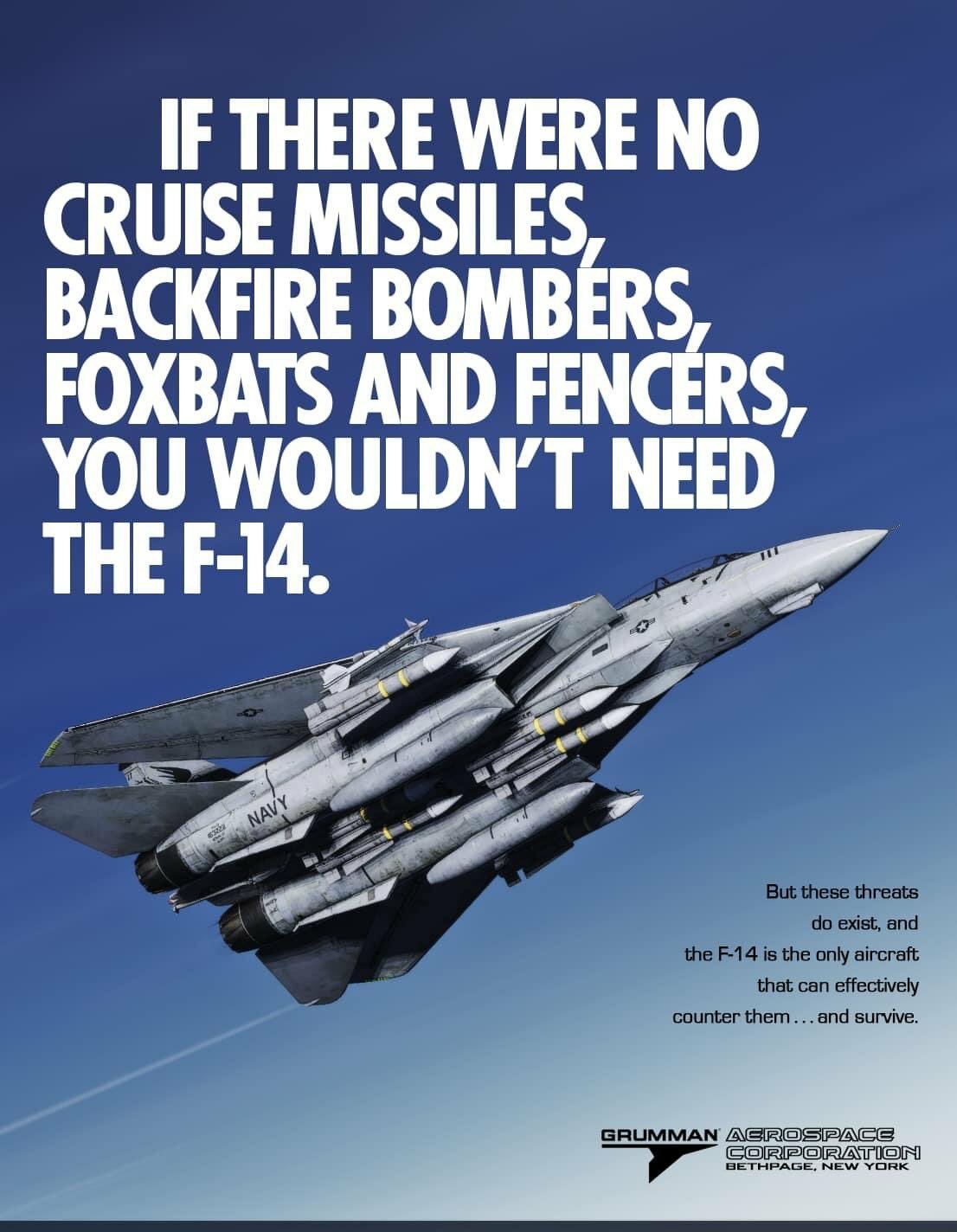
Grumman ad
F-14 flying over Iraqi oil fields
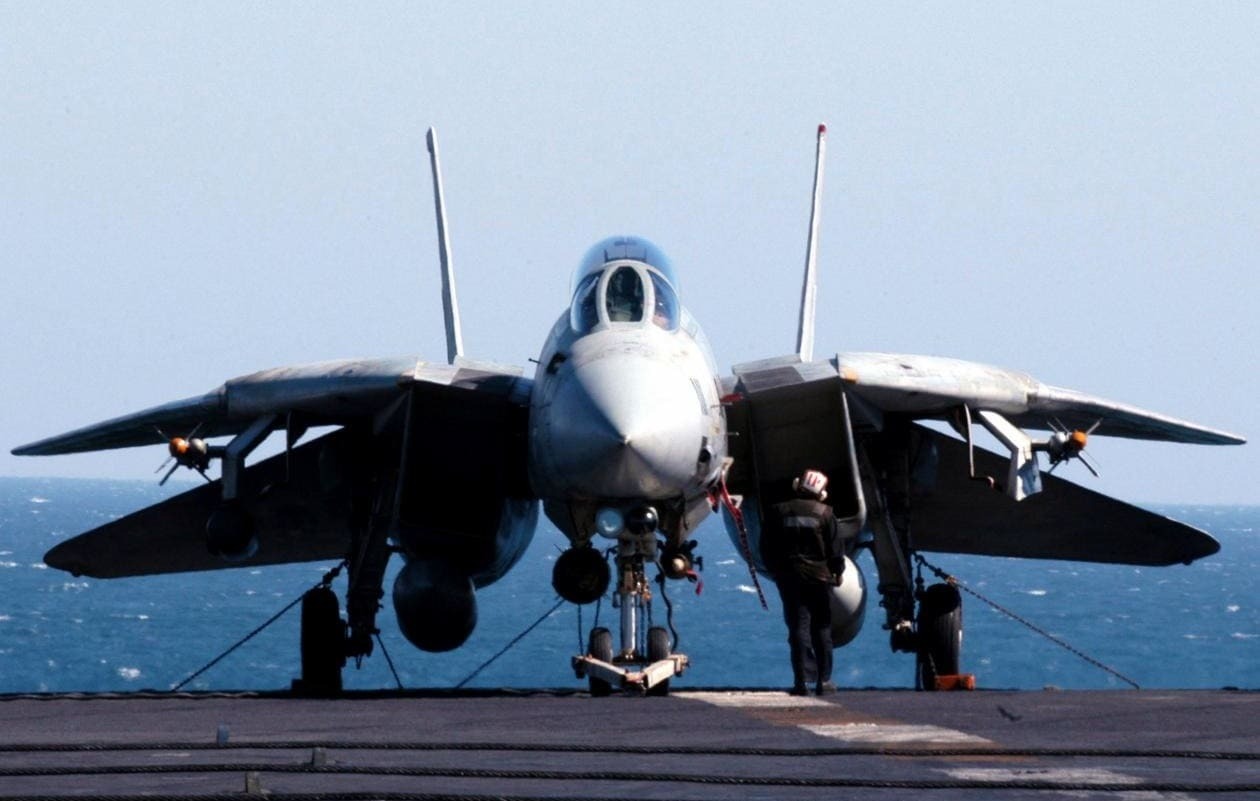
F-14 tied-down on the carrier deck
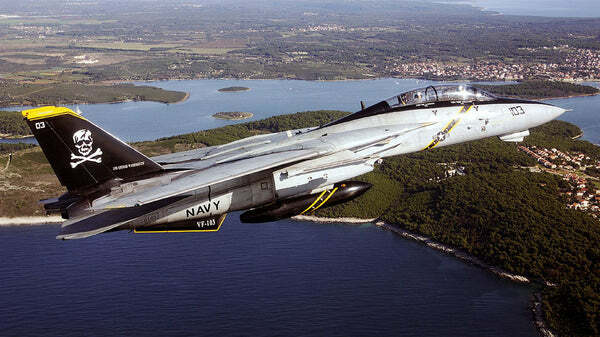
VF-84 "Jolly Rogers"
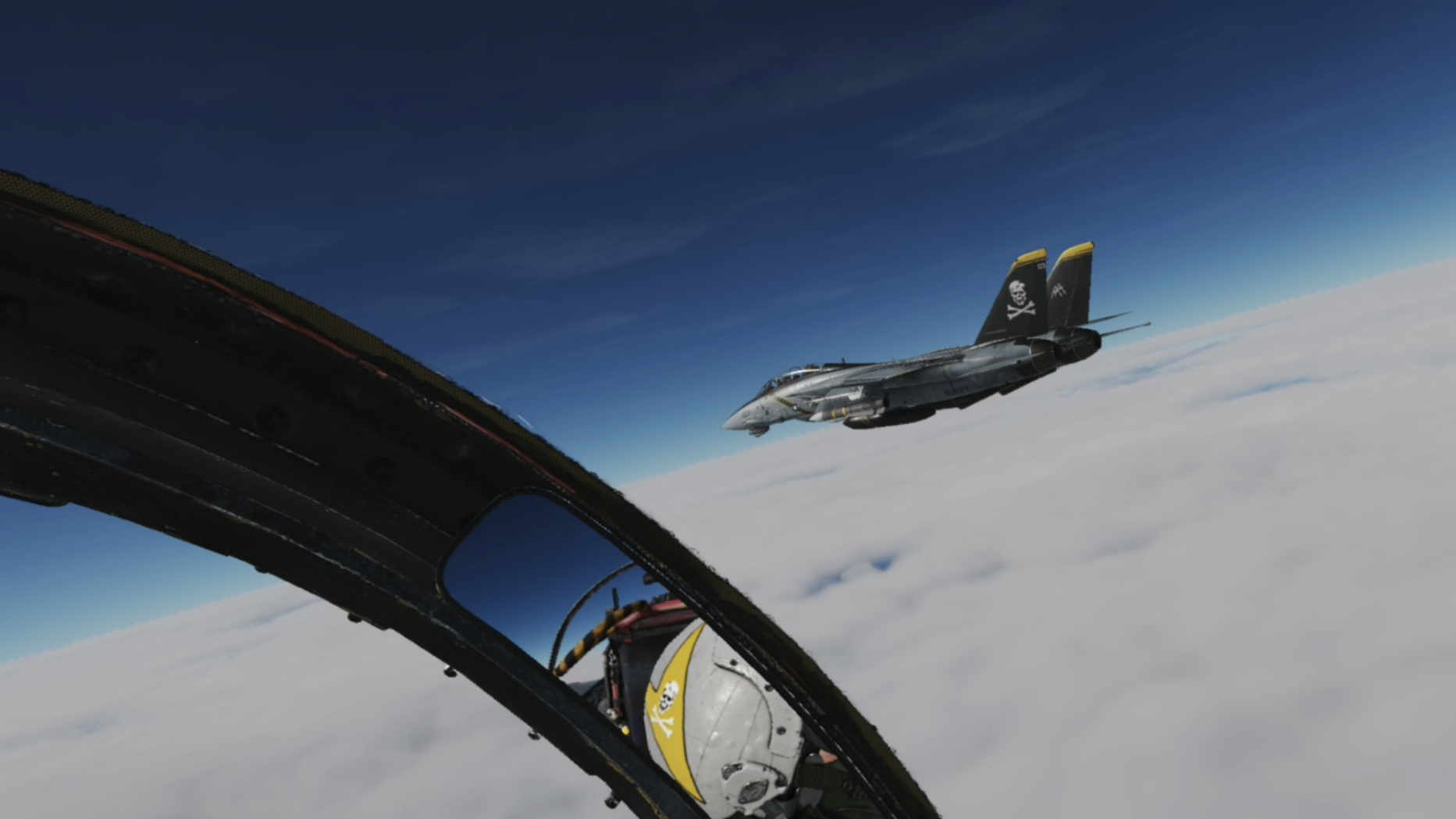
VF-84 F-14 on DCS
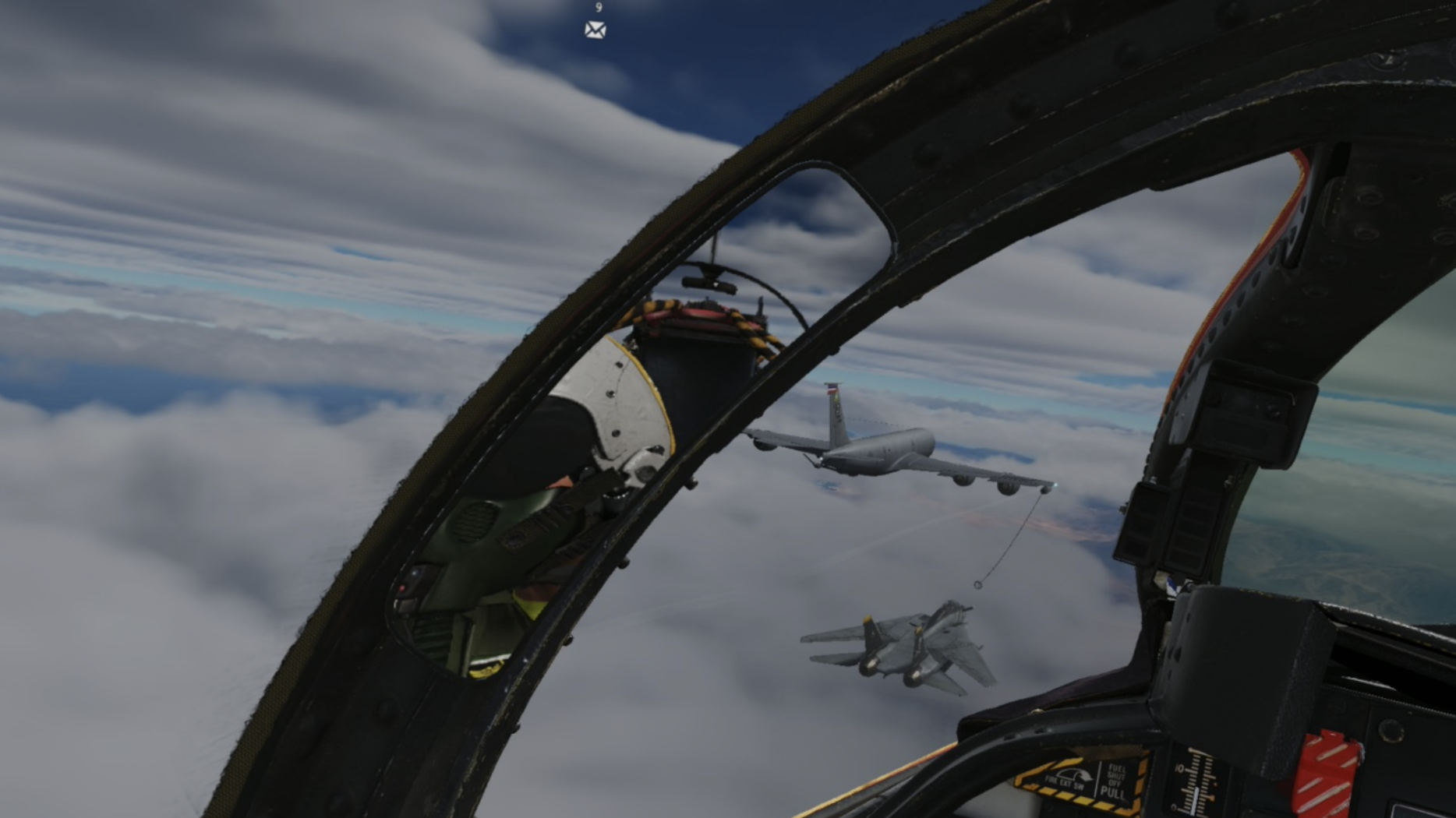
DCS aerial refueling
